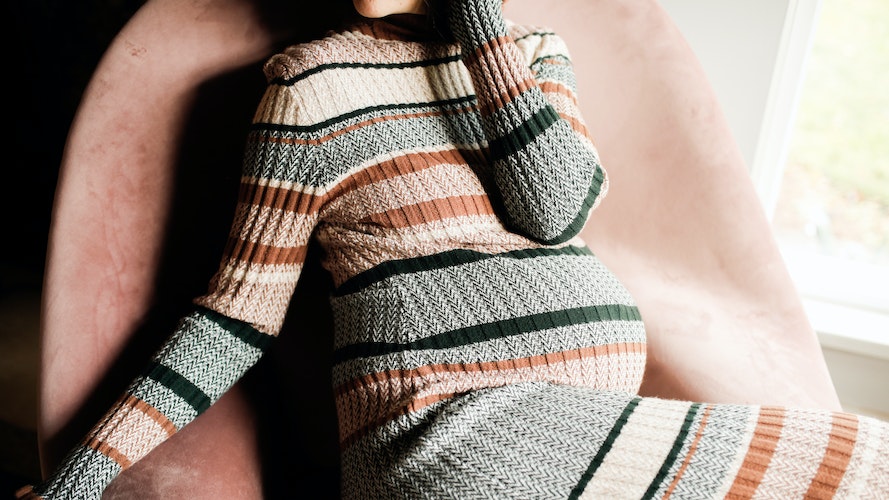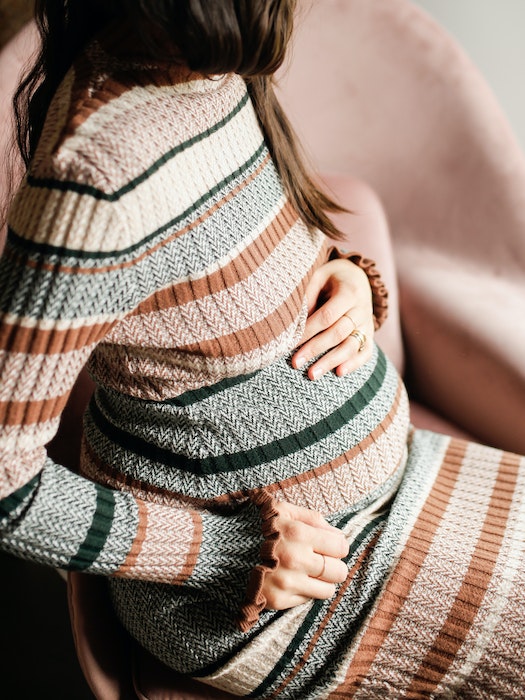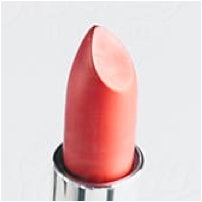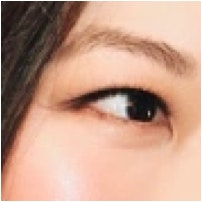Doctors Explain Why You Should Wait Until After Breastfeeding to Get Injectables
Thespotlyte | July 30, 23

When you’re pregnant, it seems like there are so many things you can’t do: eat raw fish, ride a rollercoaster, go ice skating, use retinol . . . or get injectables. The list may seem trivial, but it can be a huge lifestyle change for mom — before she even has a baby! Many women who regularly get injectable wrinkle reducers or fillers may be wondering what the “rules” are about getting a treatment during pregnancy or when breastfeeding. We spoke to multiple doctors (who are parents as well!) to get their expert take.
EDITOR’S NOTE
Retinol shouldn’t be used by women who are pregnant, considering getting pregnant, or nursing. Please consult with your doctor before use.
EDITOR’S NOTE
Injectable wrinkle reducers temporarily smooth the look of moderate to severe wrinkles in certain areas of the face, including the forehead, frown lines, and crow’s feet; they should not be used more frequently than every three months. Injectable filler is a temporary treatment that adds volume to areas of the face such as the lips, cheeks, and laugh lines. Like any medical treatment, both injectable wrinkle reducers and injectable fillers have potential risks and side effects. Talk to a licensed provider to see if they’re right for you.
“I advise all pregnant women to wait until after giving birth, and after they’ve ceased breastfeeding to have fillers placed,” says Rachel Nazarian, MD, board-certified dermatologist at the Mount Sinai® Department of Dermatology and Schweiger Dermatology Group℠, and mom of two very active kiddos (ages 2 and 3). You may recall that many fillers are primarily made of hyaluronic acid, which is a sugar molecule that naturally occurs in skin. In general, hyaluronic acid is unlikely to cause direct harm to the fetus — so don’t get too nervous if you got fillers before you knew you were pregnant.
“The real concern is that there is always a risk of adverse effects from these (and other) cosmetic procedures, which includes infection, inflammation, allergic reaction, et cetera,” warns Dr. Nazarian. “These side effects may complicate your pregnancy unnecessarily.”
Zain Husain, MD, a board-certified dermatologist, father to a 2-year-old girl, and husband to Amna Husain, MD, a board-certified pediatrician and lactation consultant, agrees. “I would not recommend getting injectable wrinkle reducers or dermal fillers while you are breastfeeding,” he says. “Although they [can be] relatively safe in nature, women should avoid receiving such treatments until after they are finished nursing.”

That’s because there is a lack of evidence on how the treatments affect the body during pregnancy or breastfeeding, so it’s safer to skip them until after baby comes. “Since there are not enough studies and research conducted on injectable treatments while breastfeeding, it is best to avoid doing so,” Dr. Husain says. But you won’t have to wait long after you stop nursing. “Medically, you [should be] cleared to have fillers the day you stop breastfeeding,” Dr. Nazarian adds.
So, now that you’ve waited to book your filler and injectable wrinkle reducer injections until after you deliver and stop breastfeeding, there is one more consideration to take into account: Postpartum, you may look different than your pre-pregnancy self.
“Our bodies change in many ways when we’re pregnant and when we’re breastfeeding,” says Dr. Nazarian. Everything from the shape of your face and jawline to your lips can change due to an increase in fluids in your body, weight gain, or even hormonal fluctuations. For this reason, Dr. Nazarian recommends waiting until the fluctuations in your facial and body shape have settled before committing to an injectable treatment. After all, the whole point of getting injectables is to achieve the results you want while still looking like you — so make sure you feel like you’re back to looking like yourself before you book a treatment.
You may also have different needs. Before baby, your main concern could have been your “11” lines, but now, it could be hollowing of your cheeks, thanks to the loss of some baby weight. “After pregnancy, the swelling may subside, but if you are looking to get any [aesthetic] treatment such as injectable wrinkle reducer or filler, it would be best to consult your dermatologist after baby and see which areas need attention,” Dr. Husain urges. As always, be sure to talk to your own OB-GYN and licensed provider to ask if getting fillers or injectable wrinkle reducers is right for you.
Learn more about medical aesthetics and pregnancy:






